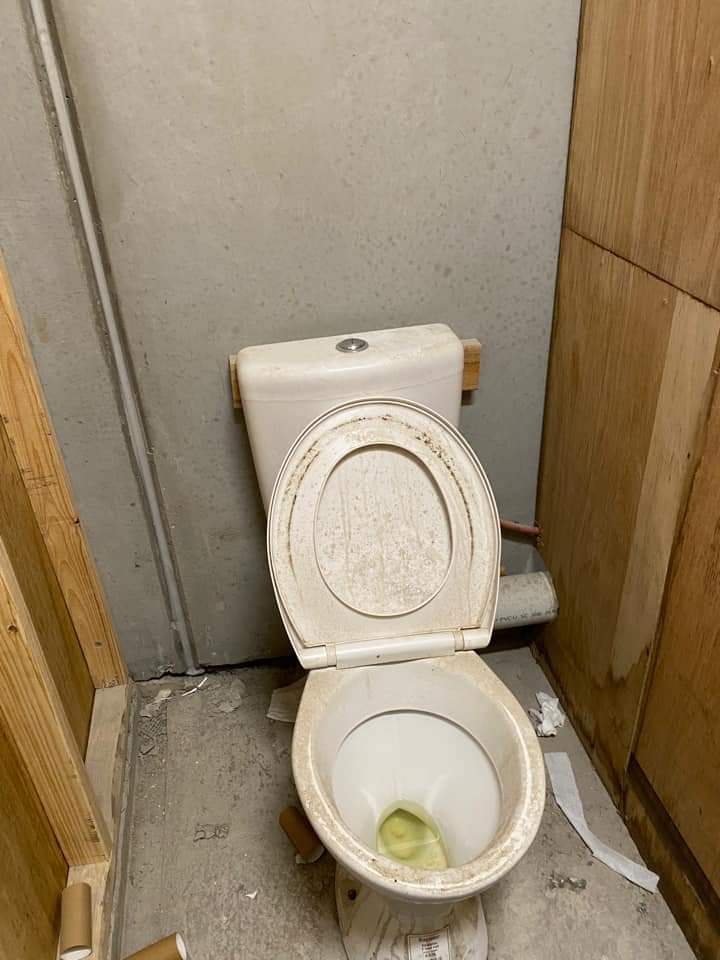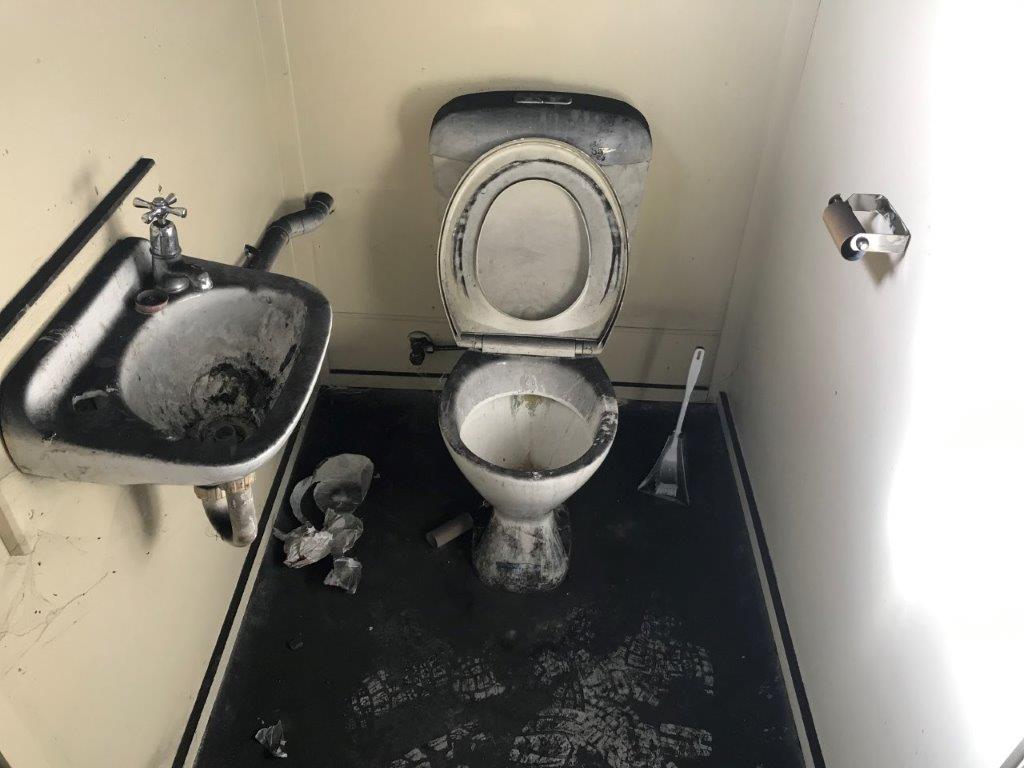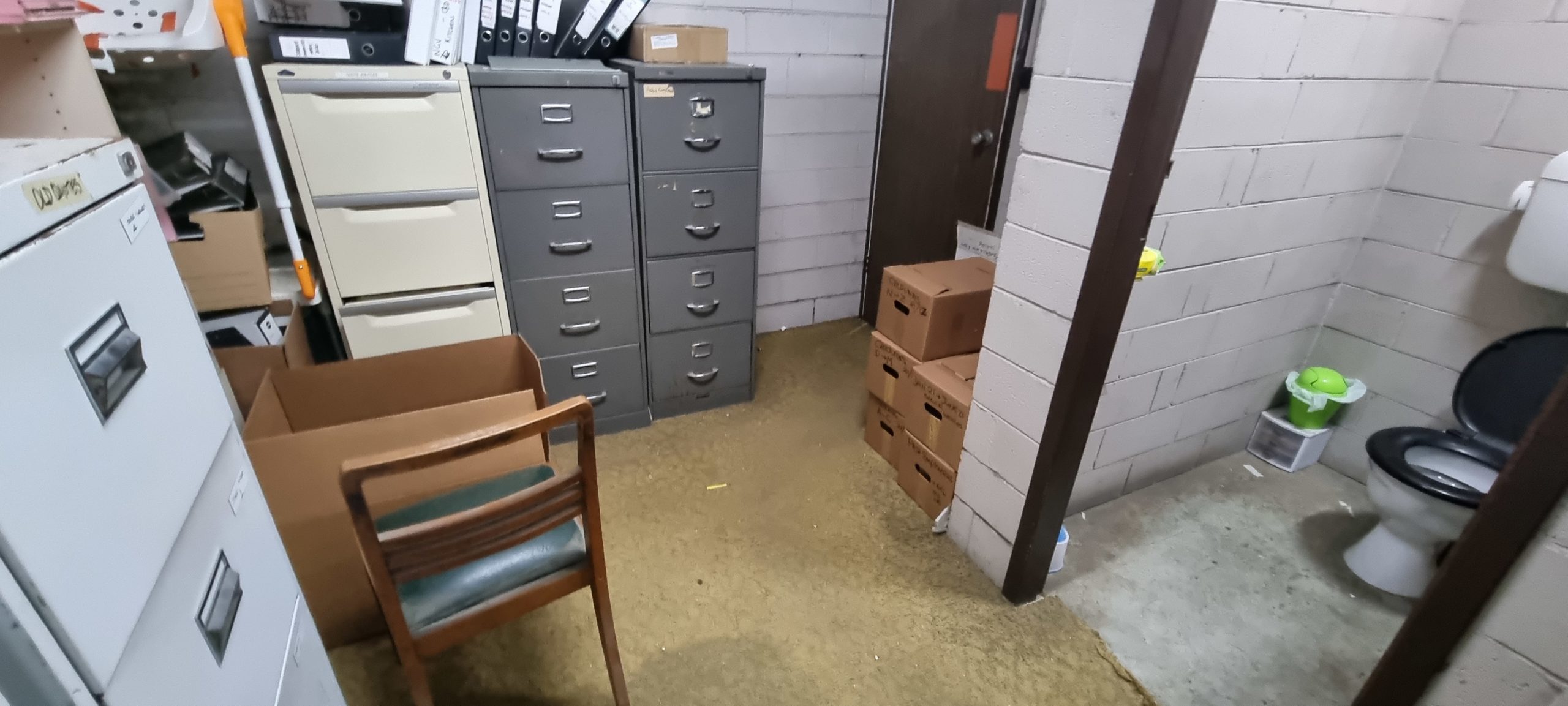In October, the ETU surveyed thousands of members across our industries. Analysis of the 2656 complete responses revealed shocking statistics of standards and access to amenities for both men and women in the electrical trades.
Nationwide, the survey found that:
- Half of surveyed workers don’t have amenities that are always cleaned regularly
- One third of surveyed workers don’t have access to gendered amenities
- One quarter of surveyed workers don’t always have access to toilet paper
- One in five workers don’t always have running water in their amenities
- One in six workers don’t have access to any on-site amenities

These are standards that no white-collar worker would ever face, yet for some reason blue-collar workers are expected to accept these unsanitary, unhealthy low standards of amenities.
The ETU is calling on the Federal Government to establish a review into setting minimum health and safety standards for workplace amenities.
“Suitable toilets aren’t ‘nice to haves.’ Having access to hygienic, reliable and adequate loos at work is a health and safety requirement, and should be a no brainer in 2022. White-collar workers expect these basic standards, yet for workers in our industries, there’s still no guarantee of a usable toilet,” said ETU Acting National Secretary Michael Wright.
Gender analysis
The situation is even worse for women. The survey revealed the following gender disparities:
- One in five women still don’t have access to sanitary bins in their workplace.
- Women are eight to 10% less likely to have access to gendered and/or permanent bathrooms compared with their male comrades, except in manufacturing and mining sectors.
- WA, NSW and SA were worst overall for providing female-only amenities.
- Nearly half of female respondents say they’ve raised an issue in their workplace about inadequate amenities compared with less than 30% of men.

ETU Acting National Secretary said that the substandard amenities are also affecting the participation of women in the electrical trades.
“We have a national sparkie shortage just when we need more of them than ever as Australia embarks on its renewable energy transition. How can we expect to boost numbers if we’re discriminating against half the potential workforce? We can’t afford to exclude an entire gender of workers if we’re going to build the Australia of the future,” he said.
“Women are speaking up, seeking better and fairer conditions at work yet they’re being ignored. Government, regulators and industry need to pull their fingers out. This isn’t ground-breaking stuff but it will make a hell of difference.”
ETU member Carlin spoke up in the media about her experiences of amenities on the job. Read the article.
Industry analysis
Manufacturing and mining were the best performing industries, with over 85% of workers having access to permanent gendered amenities on-site compared to a national average of 64%. Lift industry workers fared the worst with only half having any on-site amenities and a third with permanent gendered amenities. Transmission and distribution workers also reported over 30% having no on-site amenities. Only half had access to gendered amenities of any description.
State analysis
Western Australian workers reported the best amenity access of any state, largely because nearly 30% of WA respondents worked in mining. However, women in WA had some of the lowest access to female-only bathrooms. The Northern Territory, despite having higher concentrations in industries like transmission and distribution did even better, offering permanent toilets to over 90% of workers, almost all of which were gendered. All other states were roughly in line with national averages for amenity access figures across the board. The ACT stood out with particularly poor access to permanent amenities.
Read more about the nowhere to go campaign here.
Read more ETU news
Licence Defended, Safety Upheld
30 June 2024
ACTU Congress Wrap-up
28 June 2024
Cbus 40 years on: Created by workers, for workers.
28 June 2024
